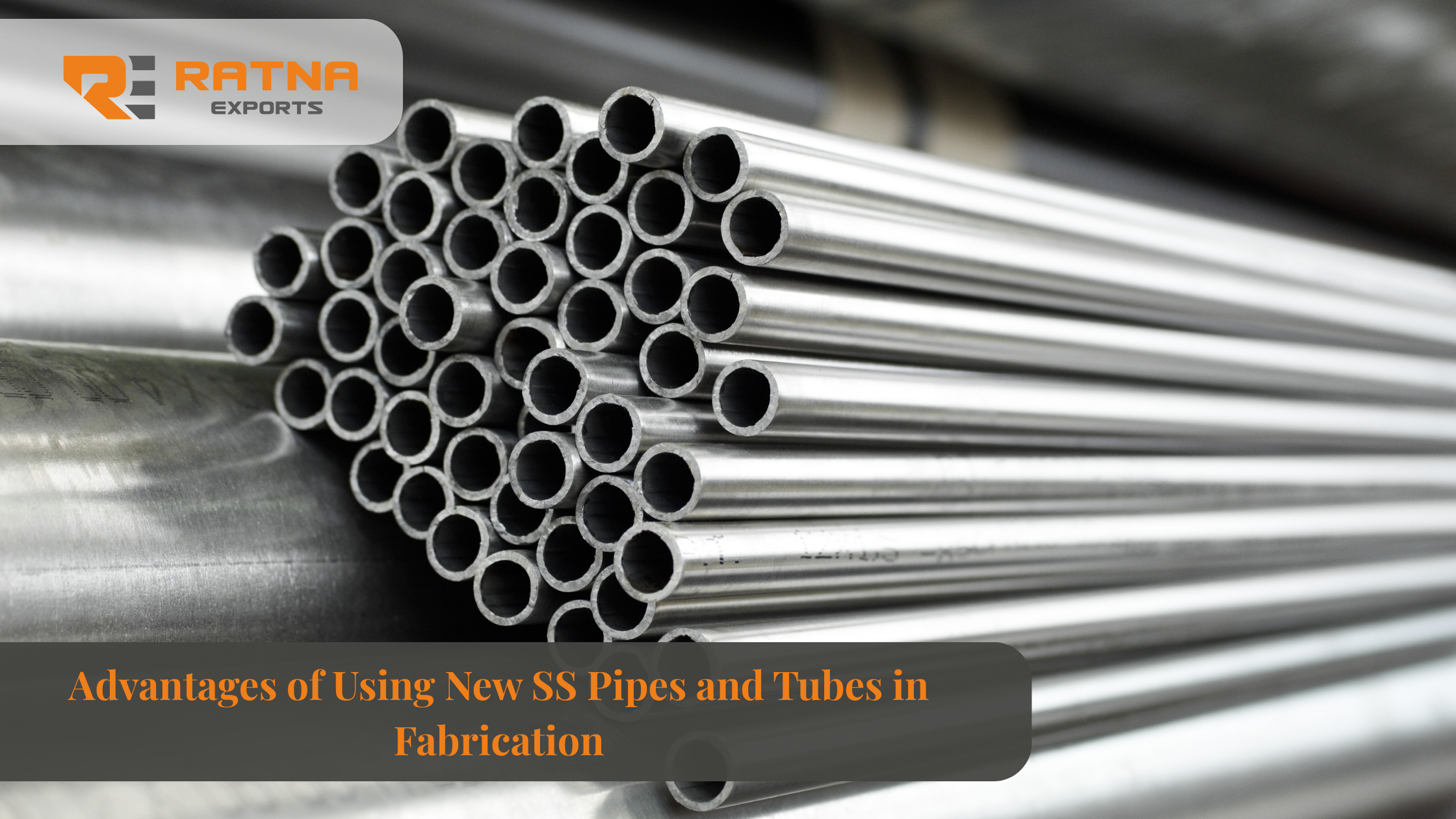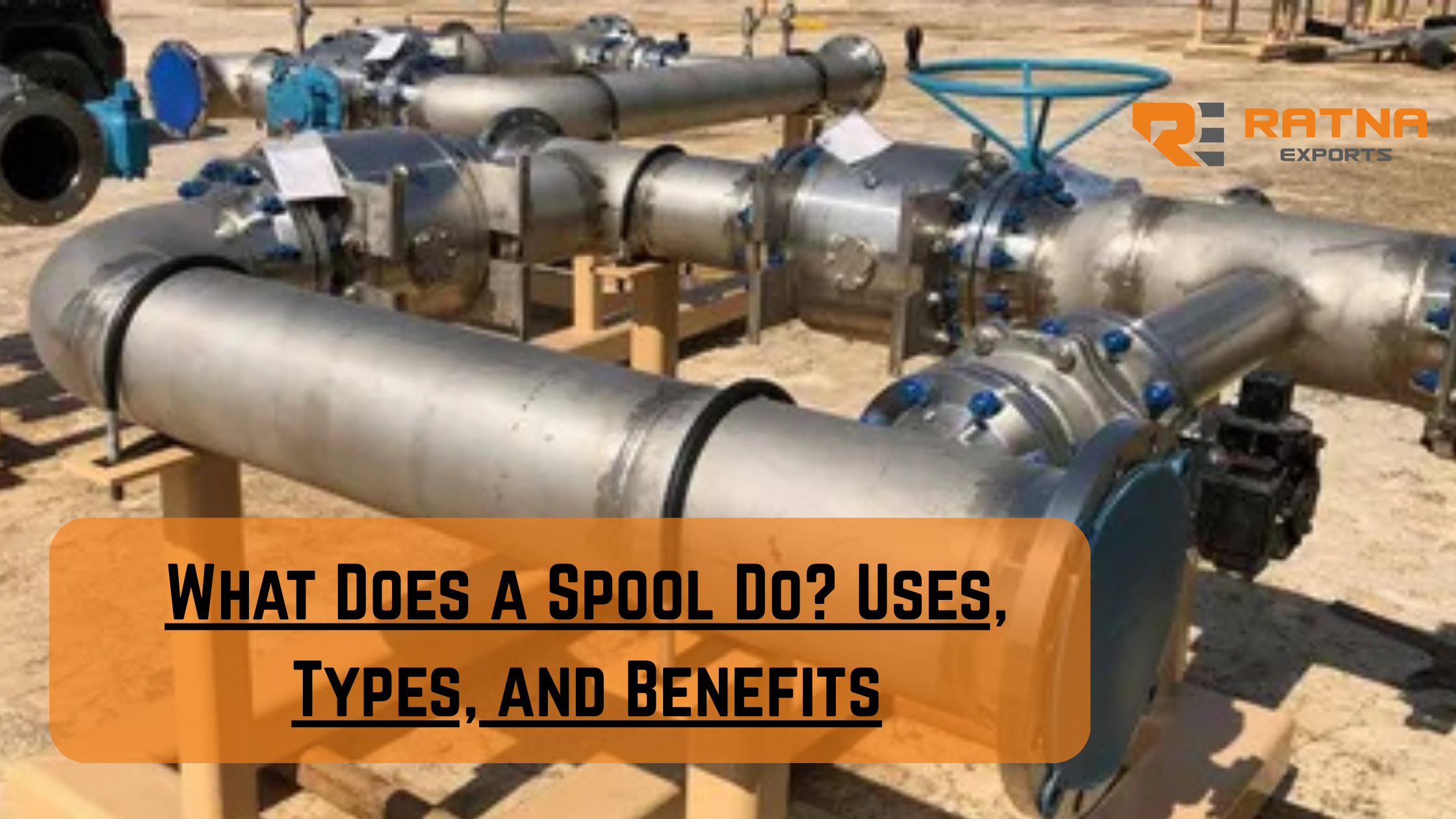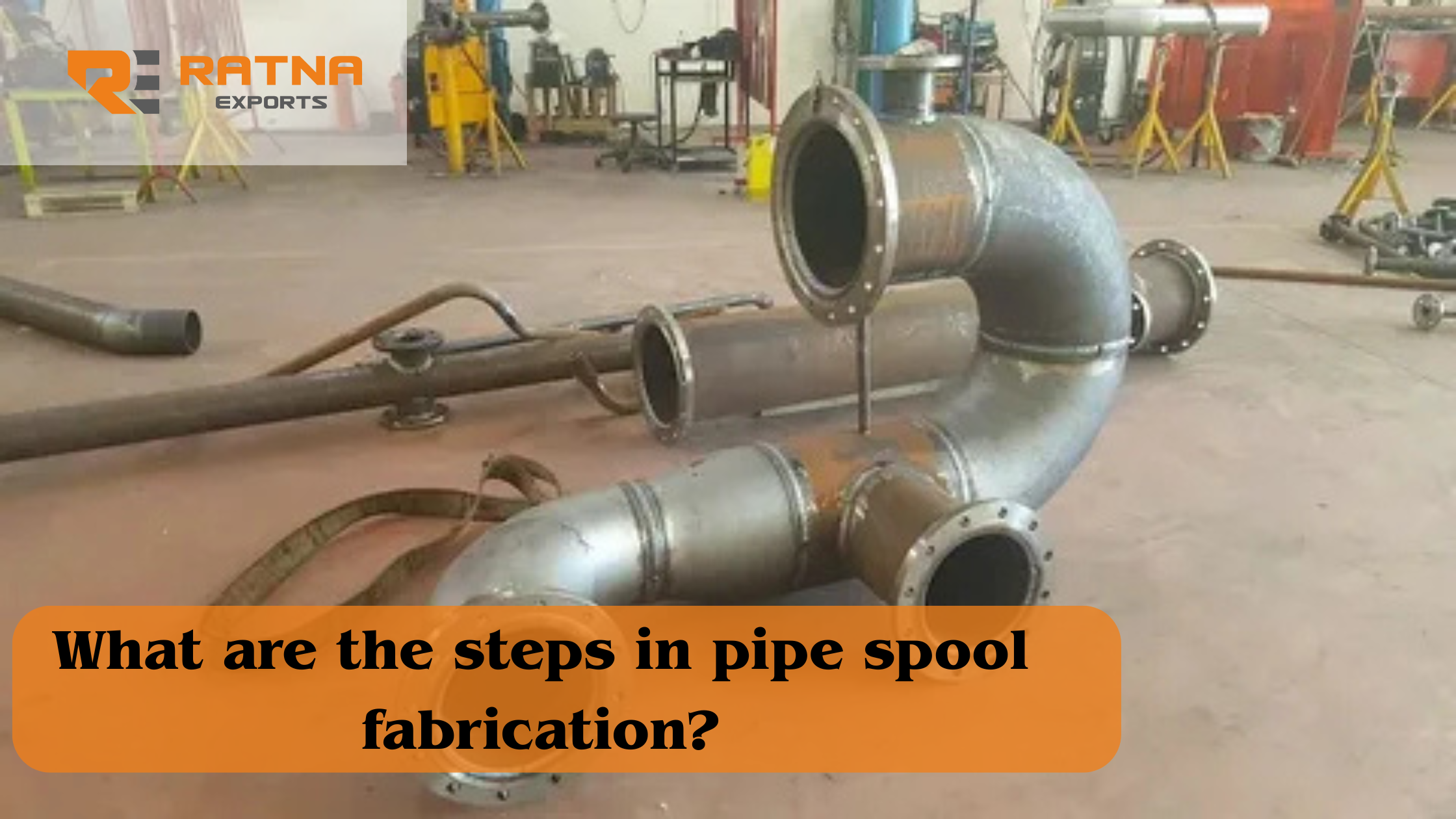Stainless steel is emerging as a key material in modern fabrication. Industries nowadays require materials that are longer-lasting, remain strong, and withstand damage under tough conditions. This is where the new stainless steel pipes and tubes play a significant role. They are designed to withstand pressure, heat, and chemical exposure without breaking down. From buildings to food production, their applications are increasing at a fast pace. This article highlights what makes them unique and how they bring value to fabrication projects in multiple industries
Introduction to Stainless Steel Pipes and Tubes
Stainless steel is a durable alloy made from iron, chromium, and other components. It is more resistant to rust, corrosion, and heat than most metals. New SS tubes and pipes are hollow cylindrical or square shapes used to carry liquids, gases, or structural loads. They are produced through processes such as seamless extrusion or welding. The process ensures uniform thickness and strength. During fabrication it serves as a strong base for projects requiring dependability and long-term performance.
Why Opt for New SS Pipes and Tubes Over Alternatives?
Copper, plastic, and carbon steel are just a few of the materials that compete in manufacture. New SS pipes and tubes, however, often perform better than them. Although carbon steel is less expensive, it rusts fast if it isn’t coated. Although plastic is lightweight, it is not strong enough for heavy-duty applications. While copper is more expensive and softer, it resists corrosion. High temperature resistance, low maintenance, and longevity are all combined in stainless steel. Due to this, industries seeking reliable performance select it.
Key Advantages of New SS Pipes and Tubes in Fabrication
New SS pipes and tubes offer several benefits that make them a smart choice for many projects.
- Durability and Strength
Stainless steel possesses high tensile strength. It endures heavy loads, and harsh pressure without curving. These tubes and pipes are effective at low temperatures as well as high temperatures. The construction, energy and machine industries use them due to its toughness.
- Corrosion and Rust Resistance
The chromium in stainless steel creates a protective coating on its surface. This coat shields it from rust, and chemical corrosion. In applications such as chemical plants, or marine fabrication, this characteristic minimizes the requirement for repeated replacements and repairs.
- Hygiene and Cleanliness Benefits
Stainless steel possesses a smooth, non-porous surface finish. It will not retain dirt, as it is easy to clean. This is critical in food processing, medicine and pharma, where there are stringent hygiene standards. It also discourages bacterial growth.
- Cost-Effectiveness Over Time
Though the initial expense could be greater than other materials, the long lifespan of new SS tubes, and pipes makes them cost-effective. It requires less repair and less downtime. For instance, in water treatment facilities, fewer replacements translate to lower long-term expenses.
- Versatility and Fabrication Flexibility
Stainless steel can be shaped into many sizes, wall thicknesses and finishes. Without losing strength, it is easy to cut, weld and modify. Oil refineries, and the automobile industry benefit from this flexibility.
- Eco-Friendliness and Sustainability
Stainless steel is fully recyclable. It can be melted down and used again without losing quality, even after years of use. This supports the current objectives to use sustainable resources and reduce waste.
Applications of New SS Pipes and Tubes in Fabrication
New SS pipes and tubes play a vital role in modern fabrication. Their strength and corrosion resistance make them suitable for demanding industrial and structural applications across various sectors.
- Construction: Used extensively to construct frames, bridges, and supporting structures. Their durability and load-carrying ability provide long-term stability.
- Oil and Gas: Appropriate for carrying high-pressure fluids and gases. They can withstand severe temperatures and harsh conditions.
- Chemical Processing: Suitable for chemical transportation in a safe manner. Their corrosion-resistant material minimizes the possibility of leaks, and contamination.
- Food and Beverage: Used prevalently in processing lines, storage vessels and delivery systems. Its smooth surface helps to maintain the hygiene levels.
- Water Treatment: Applied in clean water systems, and wastewater facilities. Their rust resistance ensures longevity and secure passage.
Choosing the Right Supplier for New SS Pipes and Tubes
Selecting good quality products is as crucial as choosing the right material. Always opt for certified suppliers and quality control systems. Ensure excellent after-sales support and timely delivery standards. You can find high-quality stainless steel pipes and tubes at Ratna Exports, where customer satisfaction and quality are our priorities.
Conclusion
New SS pipes and tubes add strength, corrosion resistance, and durability to fabrication projects. It minimize maintenance requirements, enhances hygiene and provides sustainable functionality. Stainless steel will continue to be the go-to material for advanced and large-scale projects as industries expand. An investment in safer, stronger, and more efficient fabrication for years to come comes through selecting the appropriate pipes and tubes today.




